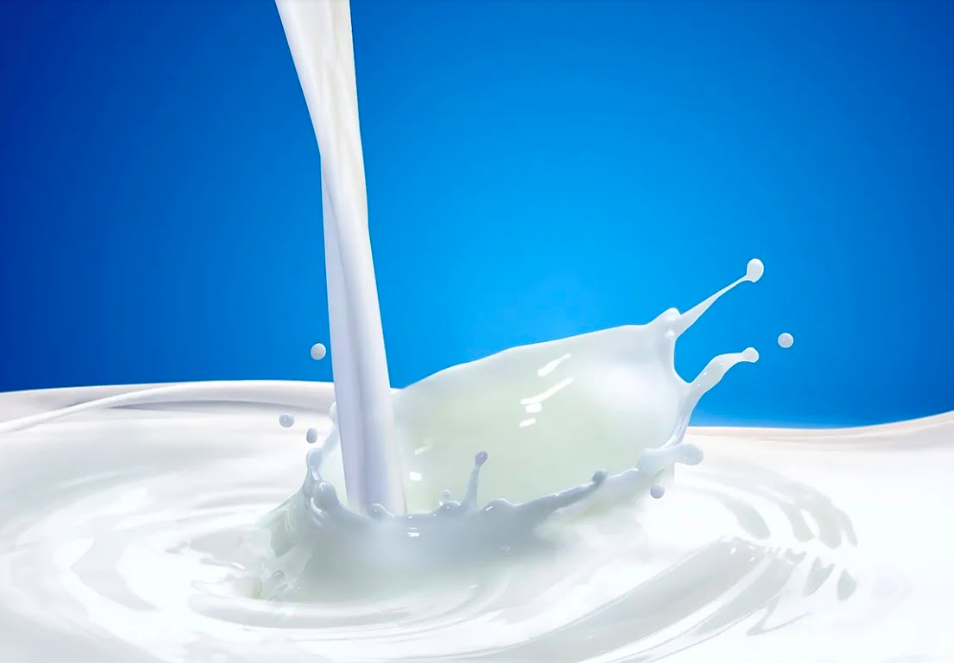Ever heard of this funny saying – “If you cannot convince them, confuse them!”
Well, the food & beverages companies seem to have literally taken this moto, into their marketing and new product launches these days! And the latest addition to this kind of marketing is low fat milk, skimmed milk, lactose free milk, organic milk, almond milk, soy milk, hemp milk, coconut milk, oats milk. I can go on and on! add any name to the beginning and these guys can make MILK! And worse? they will bloody sell it to you as well .. lolz. For example – rice milk! is that even a thing!?
Whats the difference?
Each variety of milk mentioned above is different in terms of its calories, macro nutrients per litre (amount of protein, fat and carbohydrates) and micronutrients (vitamins and minerals). Further, it is not really right to say that one kind of milk is better than the other – it really depends on what your goals are, what kind of medical conditions you have (if any) and ultimately what kind of milk tastes good for you!
It’s as simple as that!
Rule of thumb – Anytime, a big MNC ever tells you that a particular kind of product is best suited for health – take them with a pinch of salt. Wait – a truck load of salt!!!
Let me explain to you each kind and its characteristics!
Cows milk
Let us start with our traditional cow’s milk!
100 ml of cow’s milk has roughly 3 gms of protein, 3 gms of fat and nearly 5 gms of carbs amounting to nearly 60 calories in total. Protein seen in cow’s milk are of two types – Whey & Casein. Casein is known to create allergy, digestive issues, bronchitis, immunity issues etc in young kids and hence cow’s milks is sometimes not advised for kids.
The type of fat seen in cows milk is predominently saturated fat. Yet another component seen in Cows milk is the natural sugar – lactose, which some people are allergic to and cannot digest there by causing nausea, lose motion etc.
Cow’s milk is also rich in calcium & Vitamin D
Almond Milk
Almond milk is made from grounded almond and is naturally lactose free and also lower in calories.
100 ml of almond milk has roughly 0.5 gms of protein, 1 gm of fat and 0.5 gms of carbs, amounting to a total of 13 calories only. This kind of milk hence augers well with people who wants to keep their calories in check.
Note that ‘almond milk’ is not rich in protein or fat, even though almonds as a whole are good sources of fat & protein. Also, almond milk does not have calcium
Soy Milk
Soy milk is made from soybeans and is also free of saturated fat and lactose content
100 ml of soy milk has 3 gms of protein, 2 gms of fat and 5 gms of carbs, amounting a total of 50 calories. Soy milk is a good source of Vitamin A, Vitamin B12 and potassium.
Coconut Milk
The Malayalee favourite coconut milk! 🙂
Well, coconut milk is rich in saturated fat (remember, coconut oil comes from the copra) and hence has a lot of calories. 100 ml of coconut milk has 2 gms of protein, 24 gms of fat and 4 gms of carbs – totalling a whooping 240 calories!!!!
Rice Milk
100 ml of rice milk has 0.3 gms of protein,1 gm fat and 9 gms of carbs – totalling nearly 47 calories.
Rice milk is the least allergenic of all the milk alternatives. It is also devoid of lactose. However, since rice milk has excess carbs and very little protein, it is not recommended for diabetic people.
In a nutshell –
If you noticed, I have not concluded one type of milk as better than the other! Instead, I have only listed down their differences.
And why is that? Because, it is wrong to say that one is better than the other. Each one has its own characteristics and has something that the other type does not have. In terms of calories, you know that coconut milk has the maximum calories, while almond is good for low calorie substitutes.
At the end of the day, which milk should you have!????
I say – Have any type of milk..as long as you are not allergic to that variety and does not have any other issue. i.e Whatever floats your boat!
If sticking to your favourite variety makes you happy and lets you stick to your fitness and diet regimen for longer duration, then continue drinking that type of milk! 🙂

